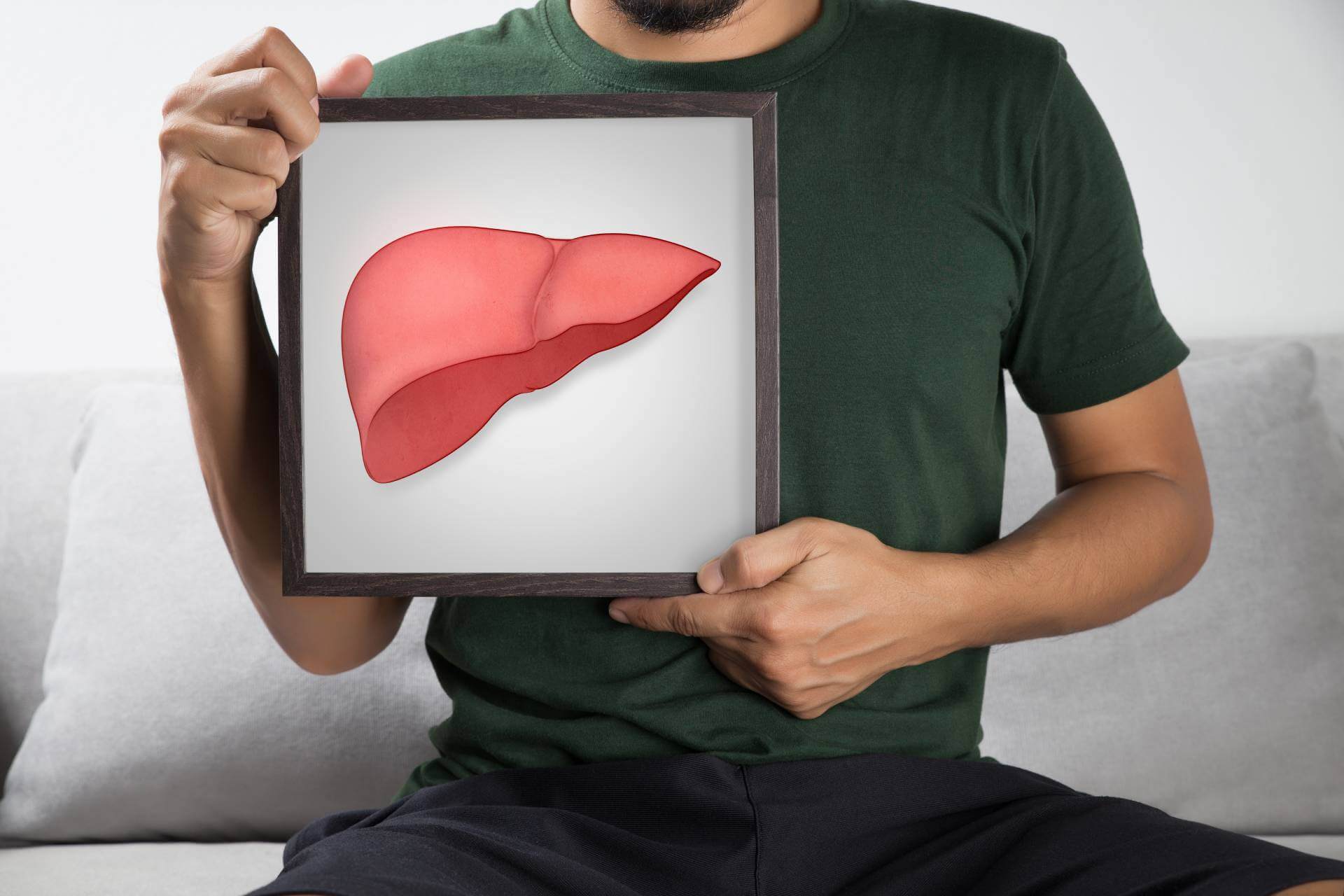Your liver is the second largest organ in your body and carries out several vital functions, like producing bile, processing glucose, and filtering blood. Long-term damage to this vital organ can result in liver cirrhosis, a medical problem where scar tissue takes over healthy areas of tissue. Several health factors and liver problems could lead to cirrhosis (severe scarring) of the liver. One such condition, known as fatty liver disease, is experienced by approximately 25 percent of U.S. citizens and is on the rise. Approximately 20 – 40% of patients in the U.S. are diagnosed with fat in the liver. If you or a member of your family might be at an increased risk for developing fatty liver disease, expert medical care could get you on the right path to treat and manage this concerning health issue. A gastrointestinal (GI) doctor is a medical specialist who is trained to diagnose and treat fatty liver disease. Visit a digestive health provider at a GI Alliance location near you to discover more about this concerning yet preventable condition.
What is fatty liver disease?
When fatty liver disease is present, it indicates that there is excess fat in the liver. While some fat in the liver not usually a major issue, a fat composition of over 5% can result in advanced scarring and liver inflammation, which is medically known as hepatic steatosis. The main types of fatty liver disease are called nonalcoholic fatty liver disease (NAFLD) and alcoholic fatty liver disease (AFLD).
Common causes of a fatty liver condition
The overconsumption of alcohol could possibly result in a buildup of fat in the liver. In cases where this issue ends up causing inflammation or scarring, it is commonly diagnosed as alcoholic steatohepatitis. For people who consume zero to minor amounts of alcohol, the common risk factors for NAFLD include:
- Being overweight
- Underactive thyroid (hypothyroidism)
- High cholesterol
- Diabetes (type 2)
In cases where nonalcoholic fatty liver disease advances to the point of causing inflammation and injury to the tissues in the liver, it is referred to as NASH or nonalcoholic steatohepatitis. NASH is likely to bypass hepatitis C as the number one reason for liver transplant procedures among individuals throughout the United States.
How can I identify the signs and symptoms of a fatty liver?
Typically, a patient who is affected by excess fat in the liver is not likely to show any apparent signs or indications of the condition. If and when signs and symptoms do present, however, it could be evidence of advanced hepatic injuries. These indications often include:
- Feeling extremely tired
- Nausea
- Changes in bowel movements
- Yellowing of the eyes or skin
- Swelling in the ankles and abdomen
- Dark-colored urine
If ever you or a family member is having any of these signs or symptoms, reach out to a GI Alliance office in your area so that a GI specialist can assess your condition. When left untreated, fatty liver disease may progress to cirrhosis and potentially transition into other health issues, like ascites (fluid buildup in the belly), the swelling of veins in the esophagus, hepatic encephalopathy (impaired brain function resulting from liver disease), liver cancer, and ultimately, the need for a liver transplant due to liver failure.
Can a fatty liver condition be treated?
In many cases, the ideal methods of treating fatty liver disease may include a proper diet and exercise. Individuals who have AFLD are advised to refrain from further alcohol consumption, which can halt the worsening of a fatty liver. Avoiding alcohol is even suggested if the fatty liver disease does not stem from alcohol use. Following a NAFLD diagnosis, losing 10% of your total body mass may considerably decrease fat accumulation in the liver. Consistent cardio-based exercise can also minimize this fat buildup. Furthermore, following a healthy nutrition plan could help manage health factors that are precursors for fatty liver disease, such as high cholesterol and diabetes, and reduce fat in the liver.
Specialized care for fatty liver disease
Fat in the liver could develop into to life-threatening cirrhosis and the risk of liver failure in the absence of professional care. In the event that you or your loved one develops symptoms of this liver condition, call GI Alliance in your area to learn more about how to protect your health against this illness. GI Alliance features an expert group of gastroenterology specialists who prioritize the comfort and safety of their patients above all else.


